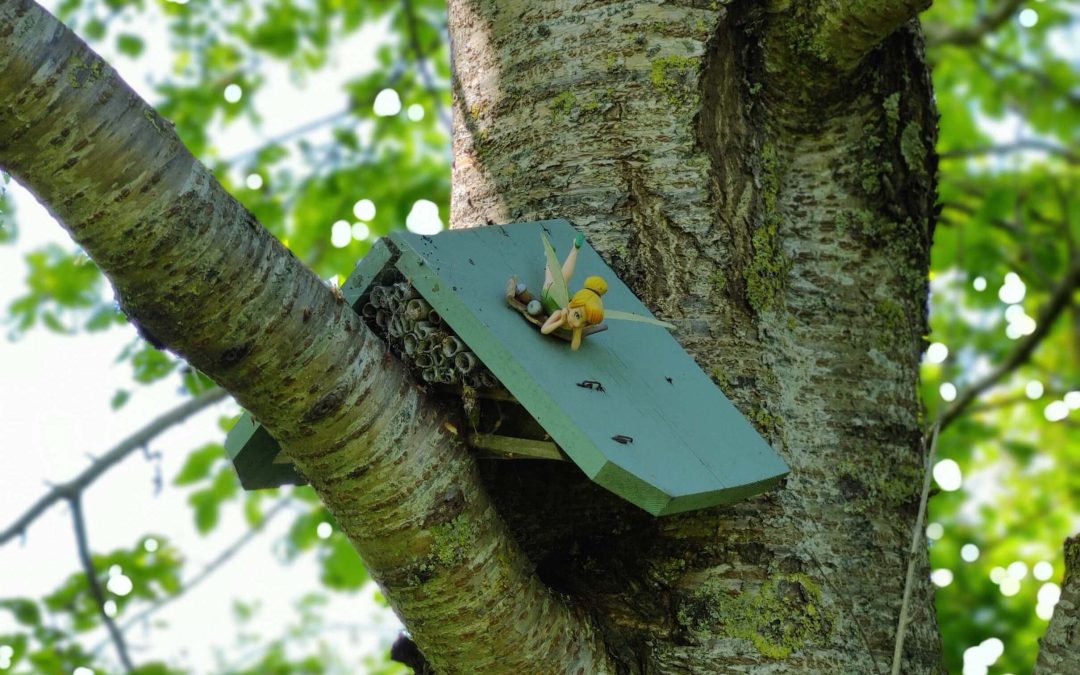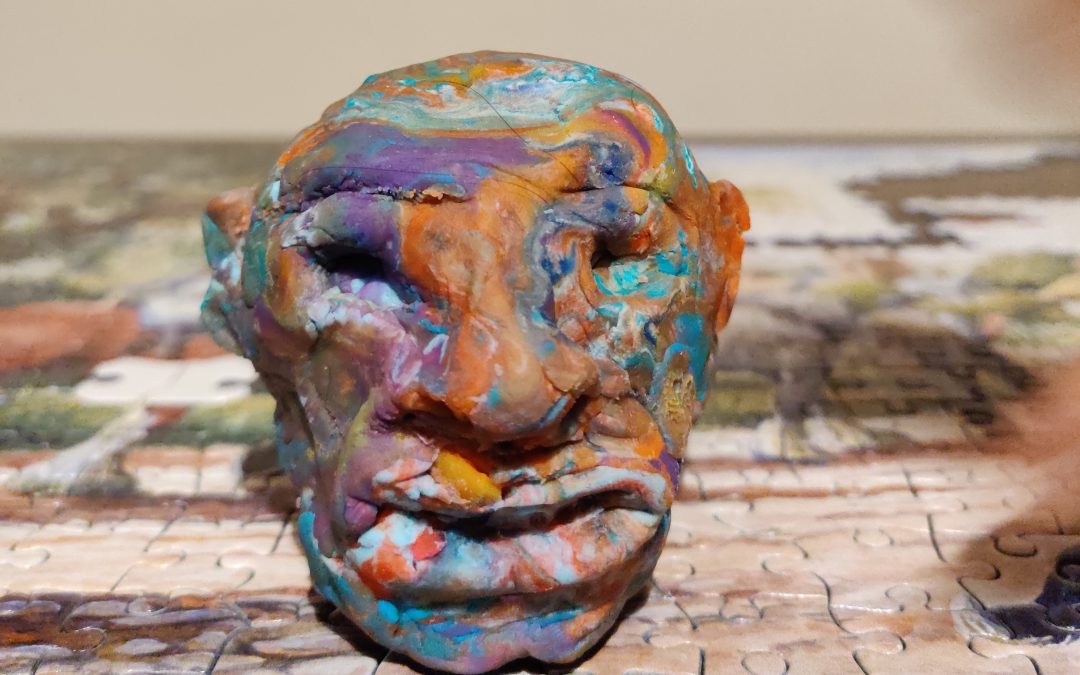
Keep Calm and Trust

Easier said than done sometimes. Some of us trust more easily than others. Nature, experience, belief or habit, what makes us trust in one situation and not in another is probably an instinct primal enough to knock down fear.
If any of you reading this have read my previous interleaf, you already know I worked with a designer on my logo, branding and infant website over much of 2021. The second year of the pandemic that brought with it unpredictable highs and lows for us all. My designer (Rhian Tarling, with whose permission I’m writing this piece) and I went through work and family responsibilities, illnesses, deaths, celebrations, festivals, good days and ragged ones, vaccinations and non-work days together. All virtually. All in the space of one big project. I doubt either of us will claim it was all smooth sailing, yet we achieved something we’re both equally proud of, happy with.
I was the client; Rhian, my service provider. Given that in my editing business I’m the latter, this role-reversal came with unexpected learning. Learning to trust, my designer but also myself. What was involved, you ask?
Understanding the Process
I did some research before setting out to look for a designer. It didn’t involve comparing prices alone. I wanted to know what the process involved so that I could ask the right questions, but more importantly that I prepared everything required of me as client (the brief, for starters*) as well as possible. This involved chatting with colleagues who’d built a website or rebranded with a professional designer, reading first-hand experiences of the same, internet searches and talking to designer friends about their expectations of an ideal client. My designer was also enthusiastic about helping me understand the process from first contact. Their excitement, among other things, made me feel confident I’d found the right designer for my branding and website project. [*That didn’t go as planned, of course. I had to do it twice over before we made a proper start. Now I understand how easy it is for texts that need a developmental edit to be accompanied by a brief for proofreading!]
As a self-employed editor, I realise my clients may not have the time or inclination to understand the embroidered layers of the editing/publishing process when they are writing or contemplating publication. But as a service provider if I ensure willingness to assist them, it opens gates for a trusting relationship and makes the editing process less daunting for a new client, particularly one who’s not worked with an editor before.
Communicating Ethically
If there is one thing nearly two decades of editing and my headful of greys have taught me it is to ask questions. Appropriately and as often as is necessary. Being a nervous client made me realise I had to relearn how to do this without feeling silly or that I was taking advantage. My designer was reassuring and respectful throughout. This allowed me to discuss budgets, timelines and other essentials at the start unhesitatingly. They were also open to conversation and encouraged feedback (key to design and editing processes), which made me feel comfortable about sharing honest responses at every stage.
As an editing service provider, I already know good communication is essential. Yet, it is something I take for granted in some ways. Putting on a client’s hat made me realise how big a role the service provider plays in establishing a foundation for this. Being responsive, empathetic (listening first, responding later) and intentional helps the client to trust. Ethical, mindful communication as editor–business owner shows that I am invested in the editor–client relationship.
Creating Trust
What this involves in practice can be difficult to put into words. The things I found to overlap in the design and editing processes are setting realistic expectations, giving new ideas a chance, admitting mistakes/owning flaws and agreeing to disagree. My designer set realistic expectations of what could/could not be achieved while testing boundaries I’d drawn in my upside-down brief. I disliked the first ideas so much that I questioned my entire project and its validity in the world. Because they helped me understand the creative process, communicated with care and gave me space to reflect, I was able to let go of my own inhibitions, review their suggestions and respond objectively.
It wasn’t about me; it was about the website and making it the best we could. Together. We made a few mistakes along the way, we misunderstood each other on the rare occasion, we missed mutually agreed deadlines when other parts of life needed attention. But we were good at acknowledging our slips and remembering to communicate clearly. Like in editing, in design too the answer most often is ‘it depends’. I relearnt that collaboration doesn’t mean agreeing to everything: agreeing to disagree and finding a constructive way forward is easier when there is conviction in oneself as well as in the collaborator.
Going over this before I hit ‘Publish’ has made me realise that our editing clients – novice or mature – need to be brave, to overcome fear of all sorts, to initiate a collaboration. That requires a whole lot of unflappability and a whole lot of trust. As an editor, a seasoned one, I don’t pause to acknowledge this often enough, if at all.
Yes, I’m sensitive to the text I edit, to the author’s voice. Yes, I query respectfully. Yes, I advocate for the reader. Yes, I engage empathetically all round. Yet, that I’m knowledgeable and skilled seems to take centre stage somewhere along the way. Yes, that bit is important too. Yes, I try my best to be the best editor I can be on a day. But there’s a little bit more that can quite easily go missing, be taken for granted somewhat.
This role-reversal has reminded me there is a gentler, kinder, humane way to conduct business that we need to show our authors and our clients more often. To let them know they can trust, fearlessly, new and experienced. That they can trust themselves to let go if they choose their editor with care. That, as editors, we will guide and enhance that trust. And if we – editors and authors/clients alike – remember that the editing (and publishing) process is a lot to do with keeping calm and trusting each other equally, the outcome will be a celebratory one. It seems like a good way to journey through a year, without resolutions or firm goals but with quiet steps in harmony. At the end of the day, we want the same thing, isn’t it?!


